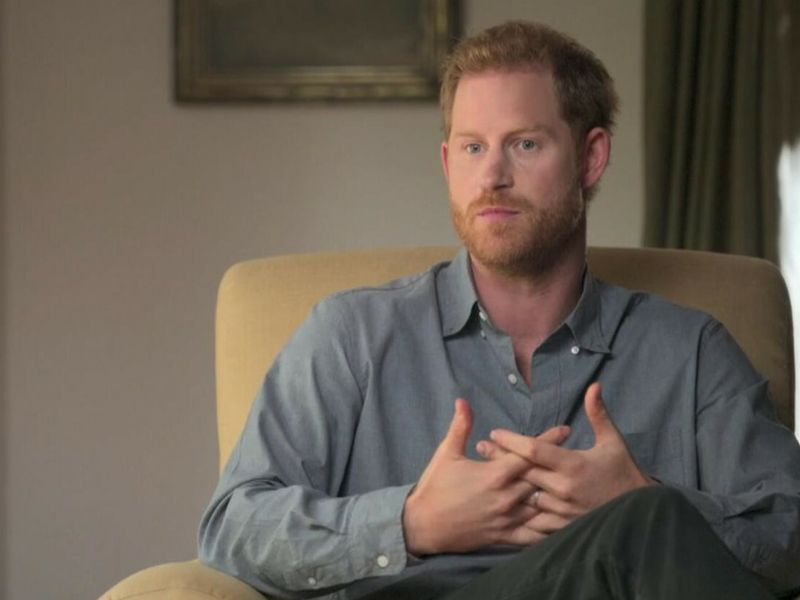In recent revelations, Prince Harry has voiced deep frustration and resentment towards the British royal family, highlighting what he perceives as a stark disparity in treatment between himself and other royals, particularly Prince Andrew. This sentiment was expressed in the context of the ongoing tension between Harry and the royal family, especially concerning their exclusion from royal duties and the denial of security provisions.

Harry’s grievances center around the perceived unfairness of the royal family’s actions. He argues that while Prince Andrew, despite his controversial past and diminished public role, has seemingly been granted more leniency and continued support, he and his wife Meghan Markle, along with their children, have faced rejection and exclusion. This includes being barred from key royal functions and denied the security typically provided to other royals, even after offering to pay for it themselves. The situation was exacerbated when a UK court ruled against reinstating their police protection during visits to the UK, a decision Harry plans to appeal, arguing that it is unjust and endangers his family

Furthermore, Prince Harry and Prince Andrew’s eligibility to serve as Counsellors of State was quietly nullified after King Charles ascended the throne. This decision, formalized in late 2022, underscored the royal family’s policy that only “working members” would be called upon to fulfill these roles. The move, while practical from a constitutional standpoint, highlighted the exclusion of non-working royals like Harry and Andrew, further underscoring the rift within the family.
Harry’s frustration is not just about security and formal roles but also about broader treatment and inclusion. The Sussexes have reportedly felt sidelined, with their return to royal life seemingly unwelcome. The lack of response from the royal family to their overtures for reconciliation and a more active role has been a point of significant emotional strain. Harry’s public statements reveal a deep sense of hurt and betrayal, as he and Meghan have repeatedly found themselves at odds with the royal institution, which they perceive as being more forgiving and accommodating to others under more questionable circumstances.
The contrast between Prince Andrew’s situation and Harry and Meghan’s plight is particularly stark. Andrew, embroiled in controversies and stepping back from public duties, has not faced the same public ostracization or official exclusion as the Sussexes. This disparity has fueled Harry’s sense of injustice, feeling that the royal family’s actions are inconsistent and biased against him and his family.

The ongoing legal battles and public discourse highlight a deeper issue of security, fairness, and acceptance within the royal family. Harry’s legal team continues to push for what they consider fair treatment, while the royal family’s silence and lack of engagement suggest a complex and unresolved internal conflict. This situation reflects broader themes of institutional rigidity and the challenges of balancing tradition with modernity in one of the world’s most scrutinized families.
As Harry and Meghan continue to navigate their roles both within and outside the royal framework, the future of their relationship with the monarchy remains uncertain. Their quest for security, recognition, and a fair chance to contribute remains a poignant narrative in the ongoing saga of the British royal family.

